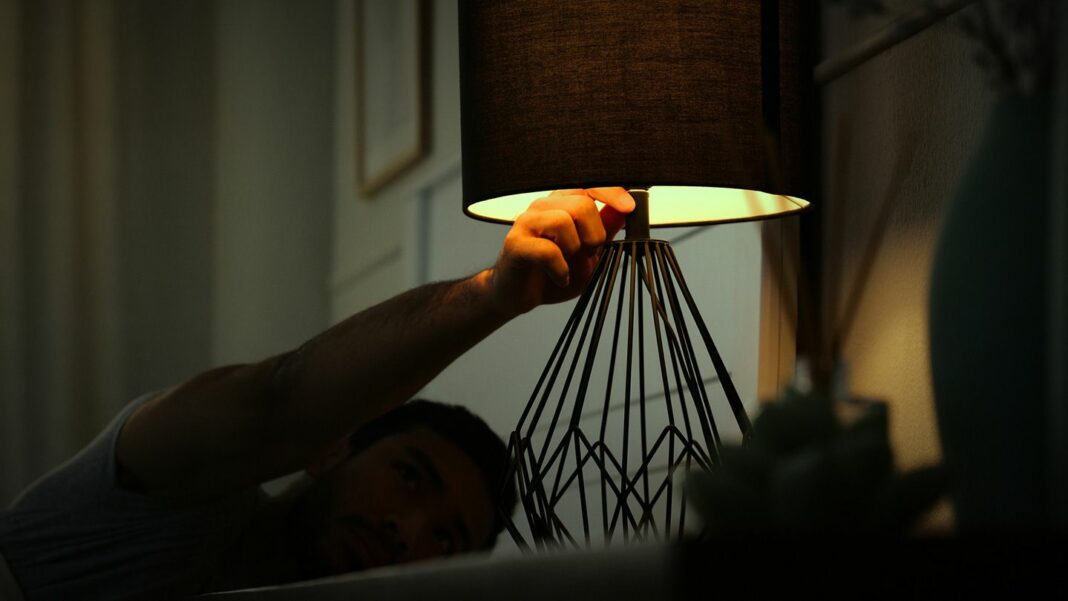How a Darker Bedroom Could Help Prevent Type 2 Diabetes
Introduction
Many factors can contribute to the development of Type 2 diabetes, including poor diet, lack of exercise, and genetics. However, recent studies have shown that light exposure during sleep may also play a role in the development of this chronic disease. In this article, we will explore how having a darker bedroom can help prevent Type 2 diabetes.
The Connection Between Light Exposure and Type 2 Diabetes
Exposure to light, specifically artificial light, during the night can disrupt the body’s natural circadian rhythm. This disruption can lead to a decrease in the production of melatonin, a hormone that helps regulate sleep patterns and is also linked to the body’s ability to process sugar effectively. When melatonin levels are disrupted, it can lead to insulin resistance, a key factor in the development of Type 2 diabetes.
Benefits of a Darker Bedroom
Creating a dark environment in your bedroom can help promote the production of melatonin and improve sleep quality. This can, in turn, help regulate blood sugar levels and reduce the risk of insulin resistance, ultimately lowering the risk of developing Type 2 diabetes. Simple changes like using blackout curtains or turning off electronics before bed can make a significant difference in the darkness of your bedroom.
Other Factors to Consider
While ensuring your bedroom is dark is important for preventing Type 2 diabetes, it is also essential to address other lifestyle factors that can contribute to the disease. Maintaining a healthy diet, staying active, and managing stress are all critical components of diabetes prevention. Combining a dark bedroom with a healthy lifestyle can significantly reduce the risk of developing Type 2 diabetes.
Conclusion
Overall, creating a darker bedroom environment can be a simple and effective way to help prevent Type 2 diabetes. By promoting the production of melatonin and improving sleep quality, you can reduce the risk of insulin resistance and ultimately lower your chances of developing this chronic disease. Remember to combine a dark bedroom with other healthy lifestyle habits for maximum impact on diabetes prevention.
FAQs
Q: How dark should my bedroom be?
A: Ideally, your bedroom should be as dark as possible to promote the production of melatonin. Using blackout curtains and turning off all electronics can help create a dark environment for optimal sleep.
Q: Can I use a sleep mask instead of making my bedroom darker?
A: While a sleep mask can help block out light, it is still recommended to make your bedroom as dark as possible. Sleep masks may not provide the same benefits for melatonin production as a completely dark room.
Q: How long does it take to see results from creating a darker bedroom?
A: It may take some time for your body to adjust to the new dark environment, but many people report improved sleep quality and more restful nights shortly after making their bedroom darker. Consistency is key for seeing long-term benefits.




